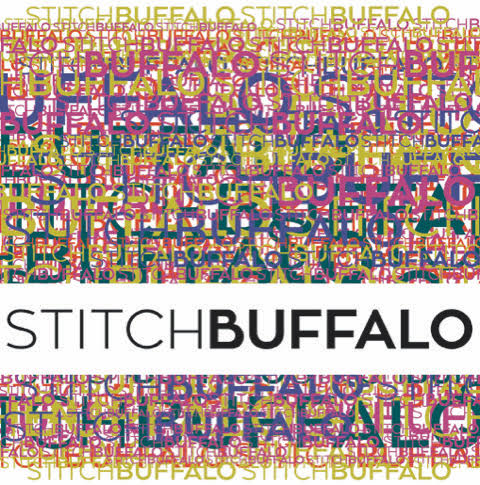Paw Eh Bu
We take for granted certain “rights”: safety; education; freedom of movement, self-expression and work; and the ability to be with and actively care for the ones we love. Paw Eh Bu, as well as the vast majority of people in Thai refugee camps along the Myanmar (Burma) border, take none of those for granted. Instead, they know that only extraordinary luck and circumstance can confer those rights. And Paw Eh Bu considers herself lucky.
I asked Paw Eh Bu to share her story, so that we all may understand why. As she spoke, her eyes clouded with memories both tender and horrible, but her voice remained clear. Born to a farming family in a rural village in Myanmar, she worked in the farm fields as a young girl and helped her mother care for her household and community. She explained that she and her family belong to the Karen people, one of eight major ethnic groups in Myanmar. Their country has been muddled in ethnic warfare since long before independence from British rule in 1948.
Myanmar has been torn apart by what is considered one of the world’s longest-running civil wars. Groups like the Karen have been pitted against the Burmese government and military, and against one another. This appalling struggle has been called a “slow-motion ethnic cleansing.”
As war escalated and spread, Paw Eh Bu lived in constant fear of the Burmese army coming to her village. Eventually, direct military attacks and government persecution of the Karen ultimately left her and her family and neighbors no choice: they had to abandon their village for a place of safety. They fled from government forces and built a village of new homes, only to watch its destruction soon after. This became the pattern – running from pursuit, hiding in the forest, creating a new life for themselves, and then lying awake all night waiting for the sounds signaling an attack.
Her young life was spent seeking safety and avoiding guns, burnt villages, slaughter, rape, and torture. After years of this traumatic homelessness, Paw Eh Bu, her family, and what remained of her village fled to a UN refugee camp across the border in Thailand. Life in the camp was uncertain. Safety was still a concern, and everything they needed for their survival – adequate shelter, food supplies, health and medical care – all depended on money and help from strangers.
Paw Eh Bu spent five years in a refugee camp. This brought her through the last of her girlhood and early adult life. As difficult as the physical deprivations were, she and her family suffered in another way as well. Just as devastatingly, they lost their ceremonies, religious celebrations, food traditions, songs, dances, and textile arts. All of the skills and customs that formed the basis of their cultural identity as Karen people were stripped away. Still, Paw Eh Bu felt fortunate. She and her family had survived.
The UN resettled her family to Chicago, and a year later, she and her husband moved to Buffalo to be with her sister. Finally, Paw Eh Bu had a chance to make a home. Here, she made friends with MuMu, a woman whose Karen village had been near hers in Myanmar, and who had become part of the Women's Refugee Workshop at Stitch Buffalo. She brought Paw Eh Bu along with her.
As Paw Eh Bu recounted her young life to this point, her face was drawn and sad, but as she began describing her experience of discovering Stitch, I saw her eyes brighten. She talked about learning stitching skills, forming new friendships, earning money for her family, and finding a renewed sense of her own value.
What she did not learn at Stitch Buffalo – what is uniquely and beautifully her own – is a natural creativity, immense curiosity and a problem-solving attitude. She recently brought several of her own designs to Stitch Buffalo’s Workshop, re-using scraps and discards from our other projects. When asked about her inspiration for these, she said simply, “My mind is always working.”
This was a difficult conversation for Paw Eh Bu, and I am grateful for her willingness to share it with you. I am honored to hear her say that Stitch Buffalo has given her space, resources, and compassion to help to build a new, happier life for her family. While she maintains that she is lucky, we are certain our organization and all those who experience Paw Eh Bu’s creativity are truly the lucky ones.
Paw Eh Bu was featured in our 2018 Annual Appeal.

